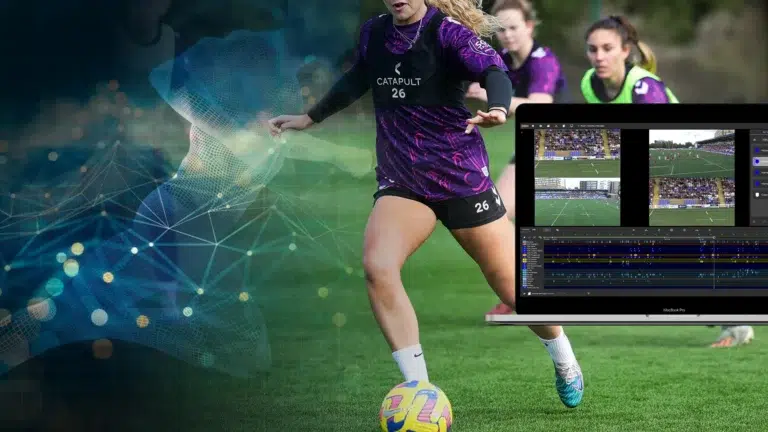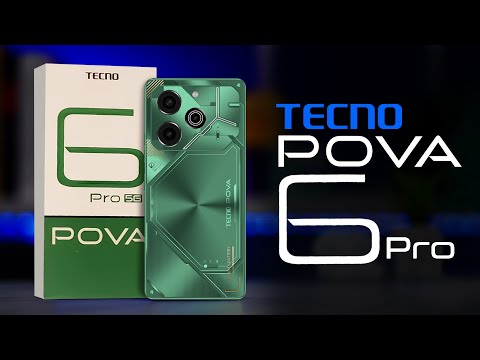Children involved in sports require a well-balanced diet to fuel their bodies, support growth, and enhance performance. A healthy diet not only gives them the energy they need but also ensures they recover efficiently and build a strong foundation for lifelong health. This blog explores every aspect of dietary requirements for young athletes, providing parents, coaches, and caregivers with the knowledge to make informed nutritional choices.

Why Is Nutrition Important for Young Athletes?
Sports demand physical effort, and proper nutrition is crucial to:
- Provide Energy: Active children burn more calories; they need adequate energy sources.
- Support Growth: During childhood and adolescence, their bodies are still growing.
- Aid Recovery: Proper nutrition helps muscles recover after strenuous activities.
- Improve Performance: A balanced diet can enhance stamina, focus, and overall performance.
- Prevent Injuries: Nutrient deficiencies can lead to fatigue, poor performance, and even injuries.
Key Nutrients for Active Children
- Carbohydrates: The Energy Source
Carbs are the primary fuel for sports. They provide quick and sustained energy. Include:- Whole grains like brown rice, oats, and whole wheat bread
- Fruits such as bananas, apples, and oranges
- Starchy vegetables like potatoes and sweet potatoes
- Proteins: Building Blocks for Muscles
Proteins are essential for muscle repair and growth. Sources include:- Lean meats like chicken and turkey
- Fish such as salmon and tuna
- Plant-based proteins like lentils, beans, and tofu
- Dairy products such as milk, cheese, and yogurt
- Fats: Long-Lasting Energy
Healthy fats support energy storage and brain function. Include:- Avocados
- Nuts and seeds (almonds, chia seeds, walnuts)
- Olive oil and fatty fish
- Vitamins and Minerals: Essential Micronutrients
- Calcium: Strengthens bones (milk, cheese, leafy greens)
- Iron: Improves oxygen transport in blood (red meat, spinach, fortified cereals)
- Vitamin D: Supports bone health and immune function (egg yolks, fortified milk)
- Magnesium and Potassium: Prevent muscle cramps (bananas, nuts, and seeds)
- Hydration: The Unsung Hero
Dehydration can severely impact performance. Ensure children drink:- Water before, during, and after sports
- Electrolyte-rich drinks during prolonged activities

Meal Timing for Young Athletes
Proper meal timing can significantly impact energy levels and recovery:
- Pre-Activity Meals:
- Timing: 2-3 hours before activity
- Examples: Whole-grain pasta with chicken, oatmeal with fruits, or a turkey sandwich.
- During Activity Snacks:
- Ideal for long games or training
- Examples: Bananas, energy bars, or diluted fruit juice
- Post-Activity Meals:
- Timing: Within 30-60 minutes after activity
- Focus: Carbs for energy replenishment and proteins for muscle repair
- Examples: Grilled chicken with rice, smoothies, or a peanut butter sandwich
Special Considerations for Young Athletes
- Energy Needs
Calorie requirements vary based on age, sport, and intensity. Monitor weight and growth to adjust the diet. - Allergies and Intolerances
Ensure substitutes for allergens like gluten (use quinoa, rice) or lactose (opt for almond or soy milk). - Vegetarian or Vegan Diets
Balance plant-based proteins with lentils, tofu, and nuts to ensure adequate protein intake. - Supplement Use
Most children don’t require supplements if they have a balanced diet. Use only when recommended by a doctor.
Common Mistakes to Avoid
- Skipping Breakfast:
Breakfast fuels their day. Skipping it can lead to energy crashes during training. - Overloading on Sugary Snacks:
While tempting, sugary snacks cause energy spikes and drops. Replace them with natural sugars from fruits. - Ignoring Recovery Nutrition:
Recovery meals are just as important as pre-activity meals. - Inadequate Hydration:
Even mild dehydration can decrease performance.

Sample Diet Plan for Young Athletes
Breakfast:
- Scrambled eggs with whole-grain toast
- A glass of milk
- A banana
Mid-Morning Snack:
- Yogurt with granola
Lunch:
- Grilled chicken wrap with mixed veggies
- A side of fruit salad
Pre-Activity Snack:
- Peanut butter sandwich or an energy bar
Post-Activity Meal:
- Grilled salmon with quinoa and steamed broccoli
- A glass of orange juice
Dinner:
- Whole-wheat pasta with tomato sauce and turkey meatballs
- Mixed green salad
Bedtime Snack:
- A small bowl of nuts or a glass of warm milk
FAQs: Answering Common Questions
- How much water should my child drink during sports?
- At least 1-2 cups of water before activity and small sips every 15-20 minutes during play.
- Can children take protein shakes?
- Most children can meet their protein needs through food. Consult a doctor before using protein supplements.
- What are the best snacks for sports practice?
- Fruits, nuts, yogurt, or homemade energy bars are great options.
- How do I know if my child is eating enough?
- Monitor energy levels, weight, and growth patterns. If they seem fatigued or underweight, consult a nutritionist.
- Should my child avoid junk food completely?
- Occasional treats are fine, but focus on whole, nutritious foods most of the time.
Conclusion
Meeting the dietary requirements of children in sports ensures they perform their best, recover faster, and grow healthily. By focusing on balanced meals, proper hydration, and nutrient timing, parents and coaches can support their young athletes in achieving their full potential.
Remember, a well-fed athlete is a happy and successful one! Start planning their meals today to see the difference tomorrow. 🏅







